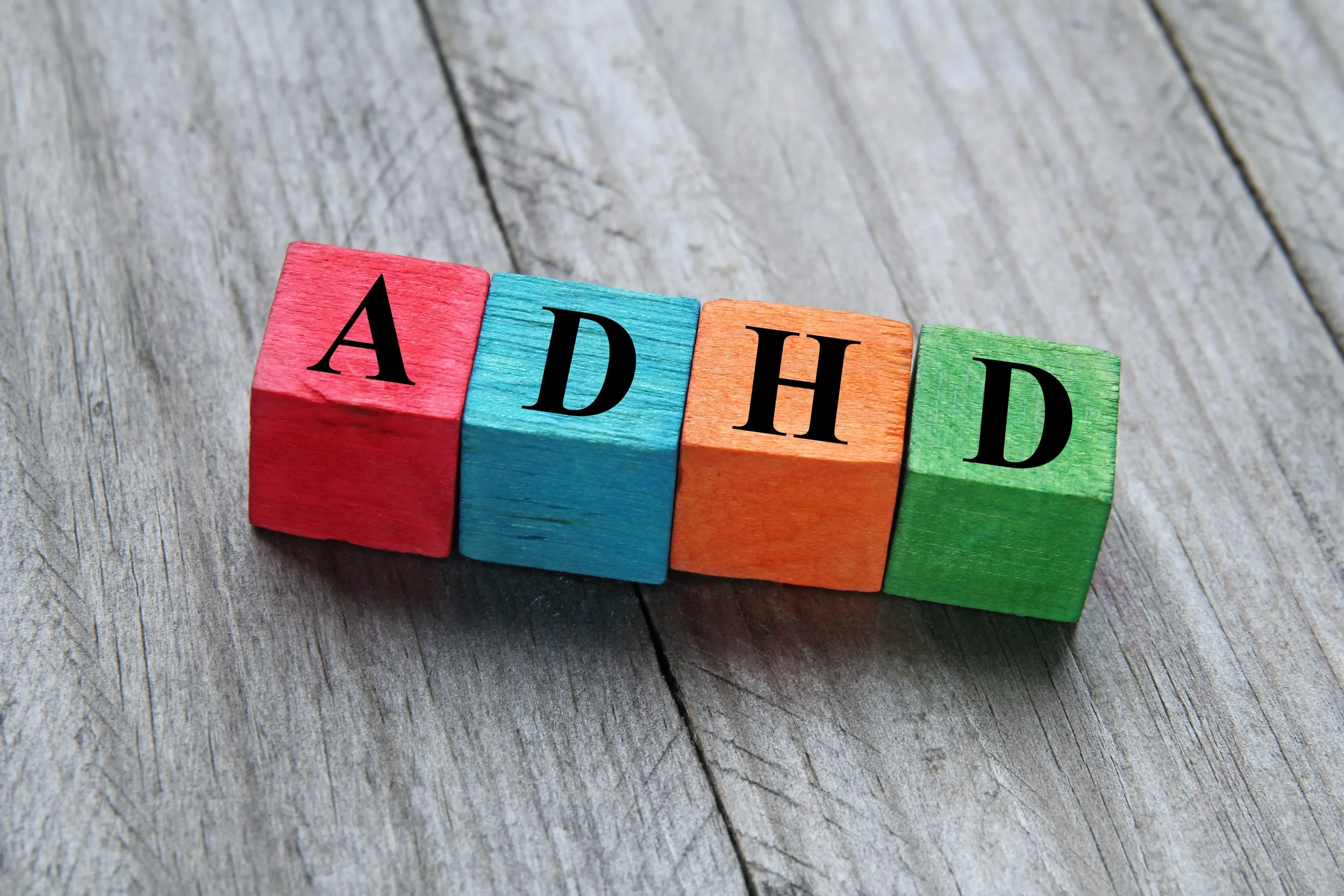ADHD and Rejection Sensitive Dysphoria: You’re Not “Too Sensitive”
At Summit Family Therapy, we know that living with ADHD isn’t just about managing focus or organization—it’s about navigating the emotional ups and downs that come with it. One of the most tender and often misunderstood struggles is Rejection Sensitive Dysphoria (RSD). If this resonates with you, know that you’re not alone, and there is a path toward understanding and healing.
If you live with ADHD, chances are you’ve been told at some point that you’re “too sensitive,” “overreacting,” or “taking things too personally.” What people don’t always realize is that for many with ADHD, rejection doesn’t just sting—it can feel crushing. This experience has a name: Rejection Sensitive Dysphoria (RSD).
What RSD Feels Like
RSD can make a small comment feel like a deep wound. A piece of feedback that’s meant to be constructive might leave you questioning your worth. An unanswered text can feel like abandonment. Even imagining that someone might be disappointed in you can spark shame, sadness, or anger.
It’s not drama. It’s not weakness. It’s a real and painful part of how the ADHD brain processes relationships and emotions.
Why It Hurts So Much
Growing up with ADHD often means hearing messages like, “Try harder,” “Why can’t you focus?” or “You’re not living up to your potential.” Over time, those words stick. They create tender spots that make any hint of rejection feel amplified.
And because ADHD brains crave connection, belonging, and encouragement, rejection can feel like losing something essential—like oxygen.
The Hidden Cost
Living with RSD often means walking through the world with invisible armor. You might avoid sharing your ideas at work, not because you don’t have something valuable to say, but because you’re terrified of being shut down. You might bend over backwards to please people so you don’t risk disapproval. Or you might pull away from relationships altogether, telling yourself it’s safer not to get too close.
But that armor, while protective, can also be heavy. It keeps you from showing up fully as yourself.
You Are Not Alone
Here’s the truth: so many people with ADHD know this exact pain. You are not broken. You are not “too much.” You are a human being with a tender heart, one that feels rejection deeply because connection matters to you.
Finding Your Way Forward
RSD may always be part of your experience, but it doesn’t have to define your life. A few things that can help:
Self-awareness. Remind yourself: “This is RSD talking. It feels real, but it’s not the whole story.”
Compassion. Speak to yourself the way you would to a friend: with patience, warmth, and kindness.
Support. Surround yourself with people who see your sensitivity as strength, not flaw. Therapy can also help you learn tools to manage the intensity when it hits.
Permission to feel. Emotions aren’t wrong. They are signals of how much you care. Letting them flow—without shame—can be healing.
A Final Thought
RSD can make life feel overwhelming at times, but it’s also a reflection of your incredible capacity for love, empathy, and connection. The same sensitivity that makes rejection hurt so much is the same sensitivity that allows you to show up deeply for others.
You don’t need to harden your heart to survive. You just need to learn how to hold it gently.
If you see yourself in these words and are ready for support, our team at Summit Family Therapy is here to walk with you. Together, we can explore tools for managing RSD, strengthening self-compassion, and building the kind of connection you deserve.

